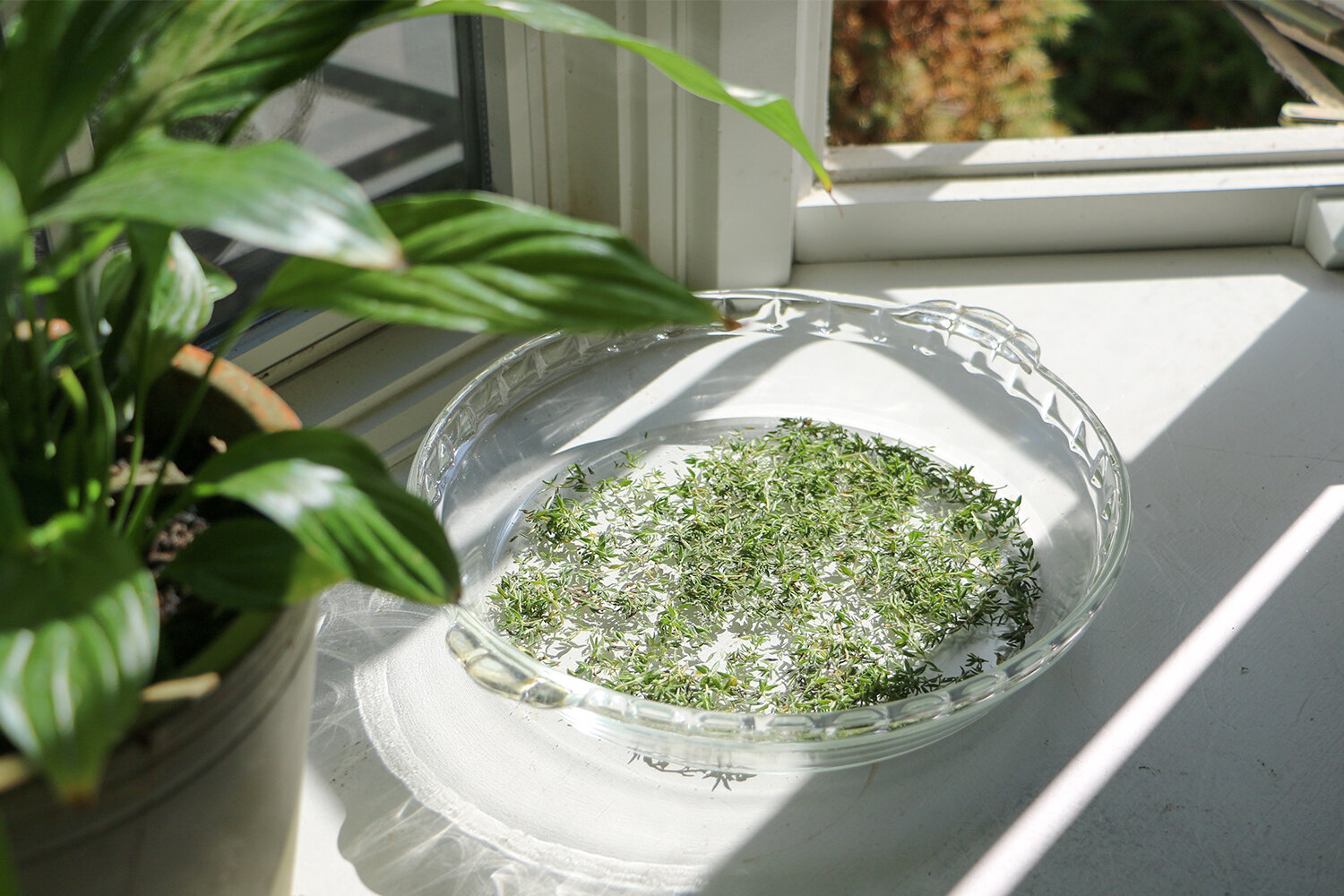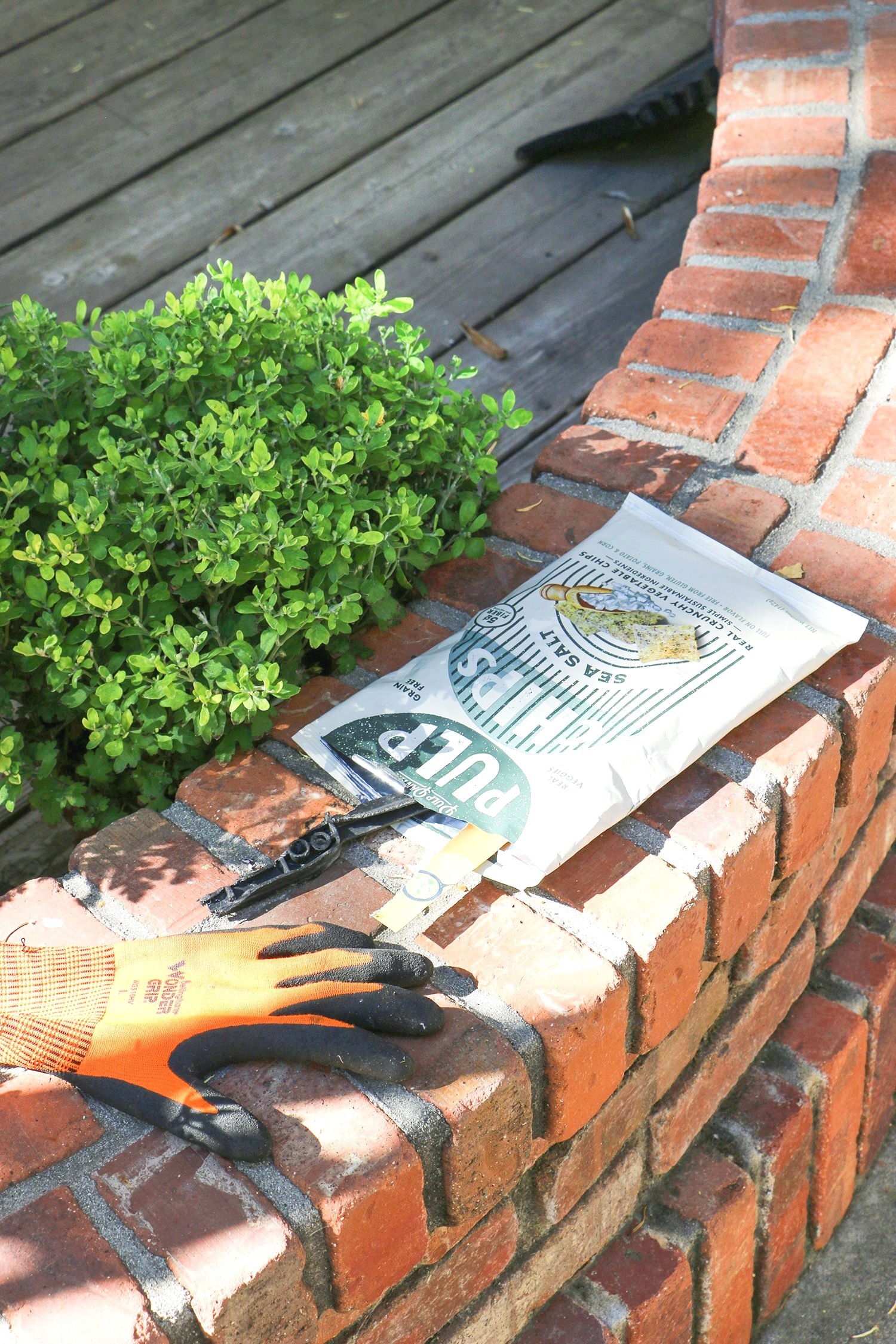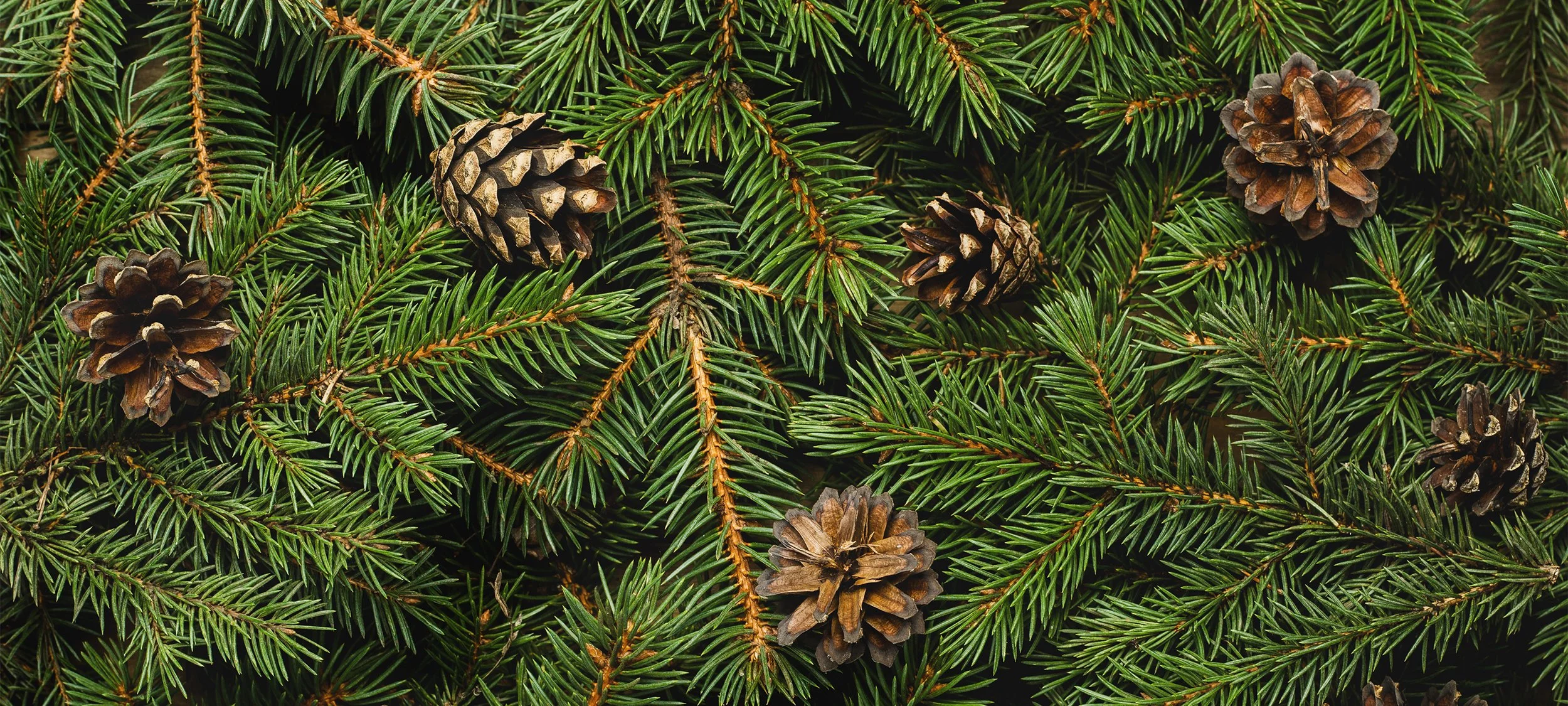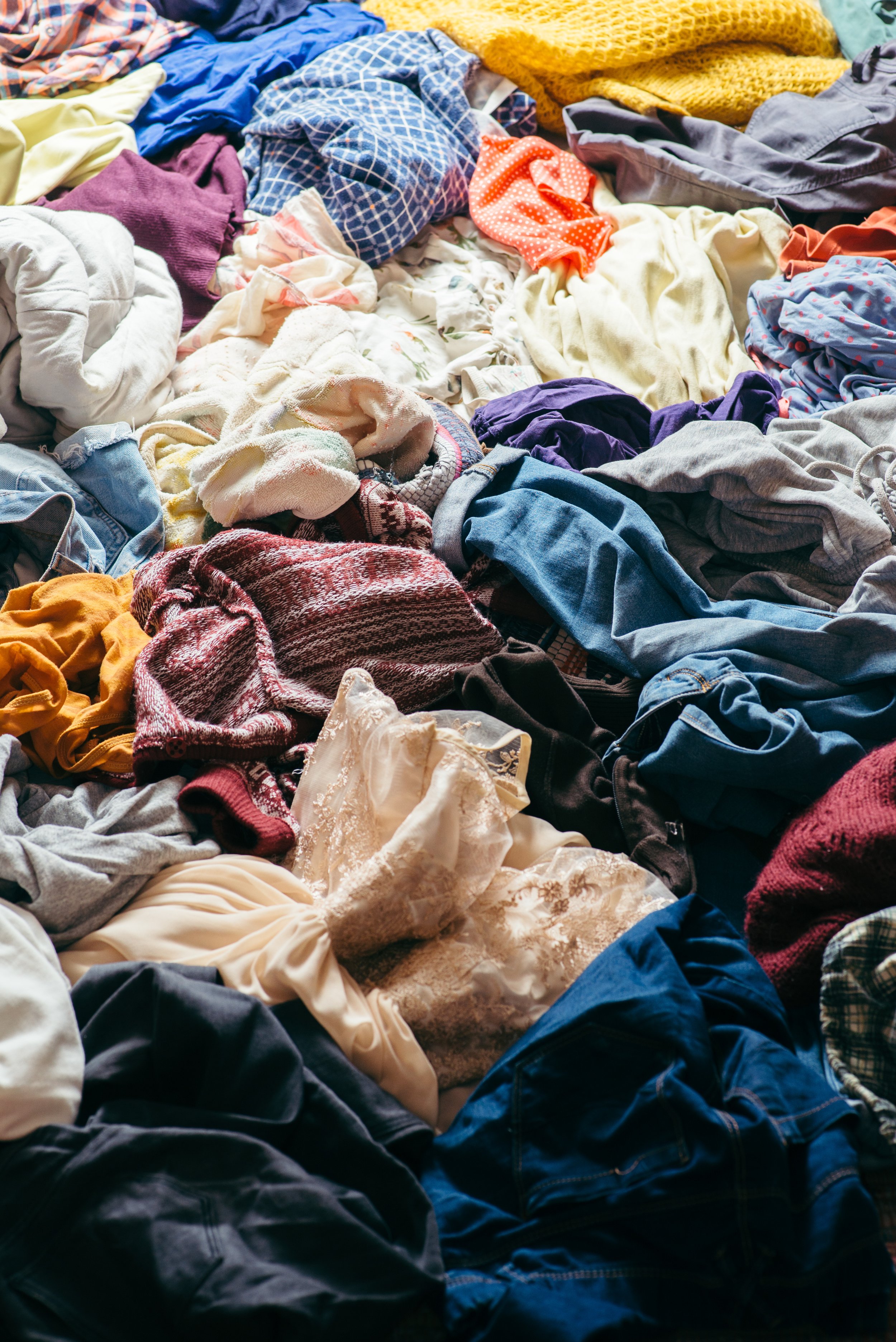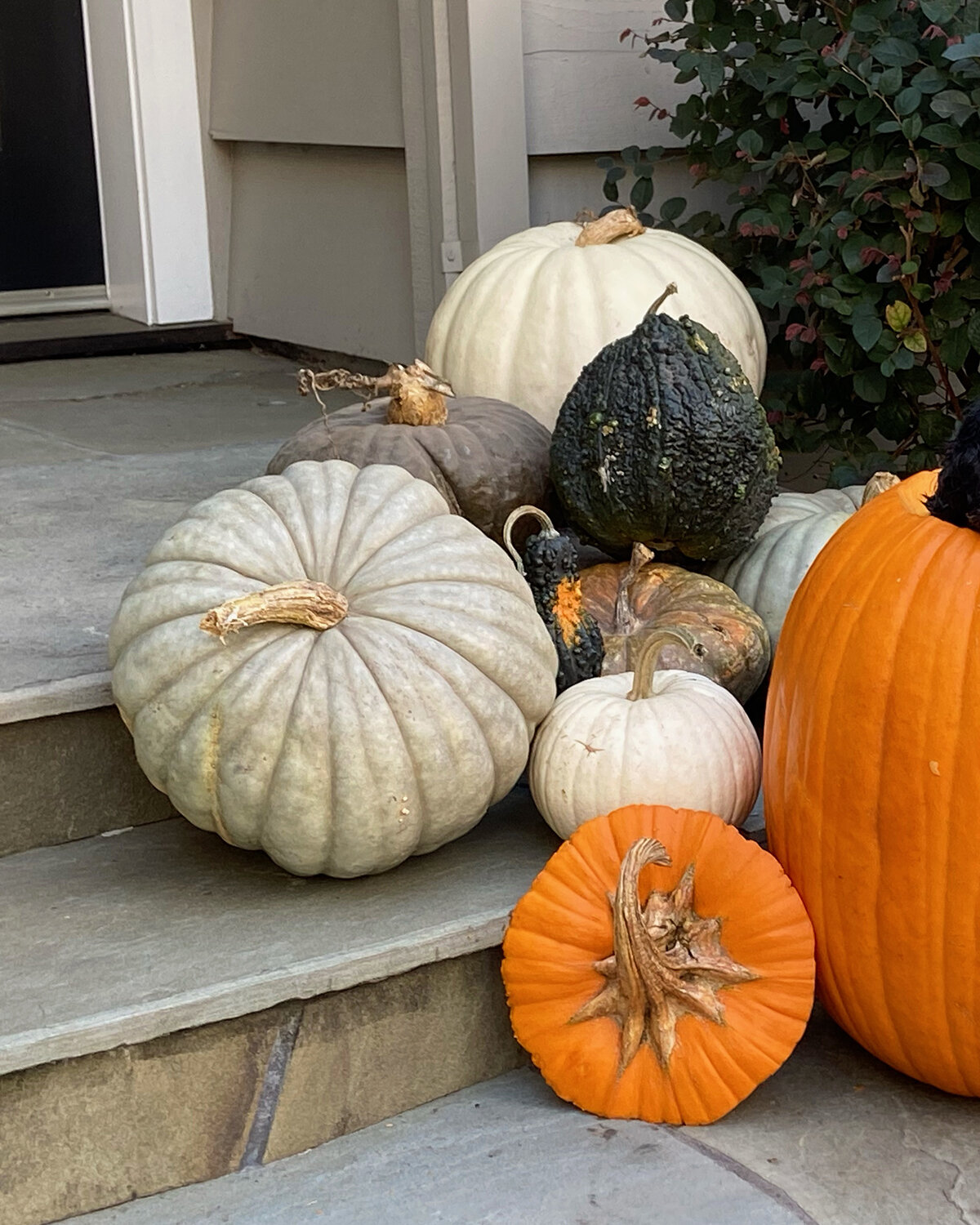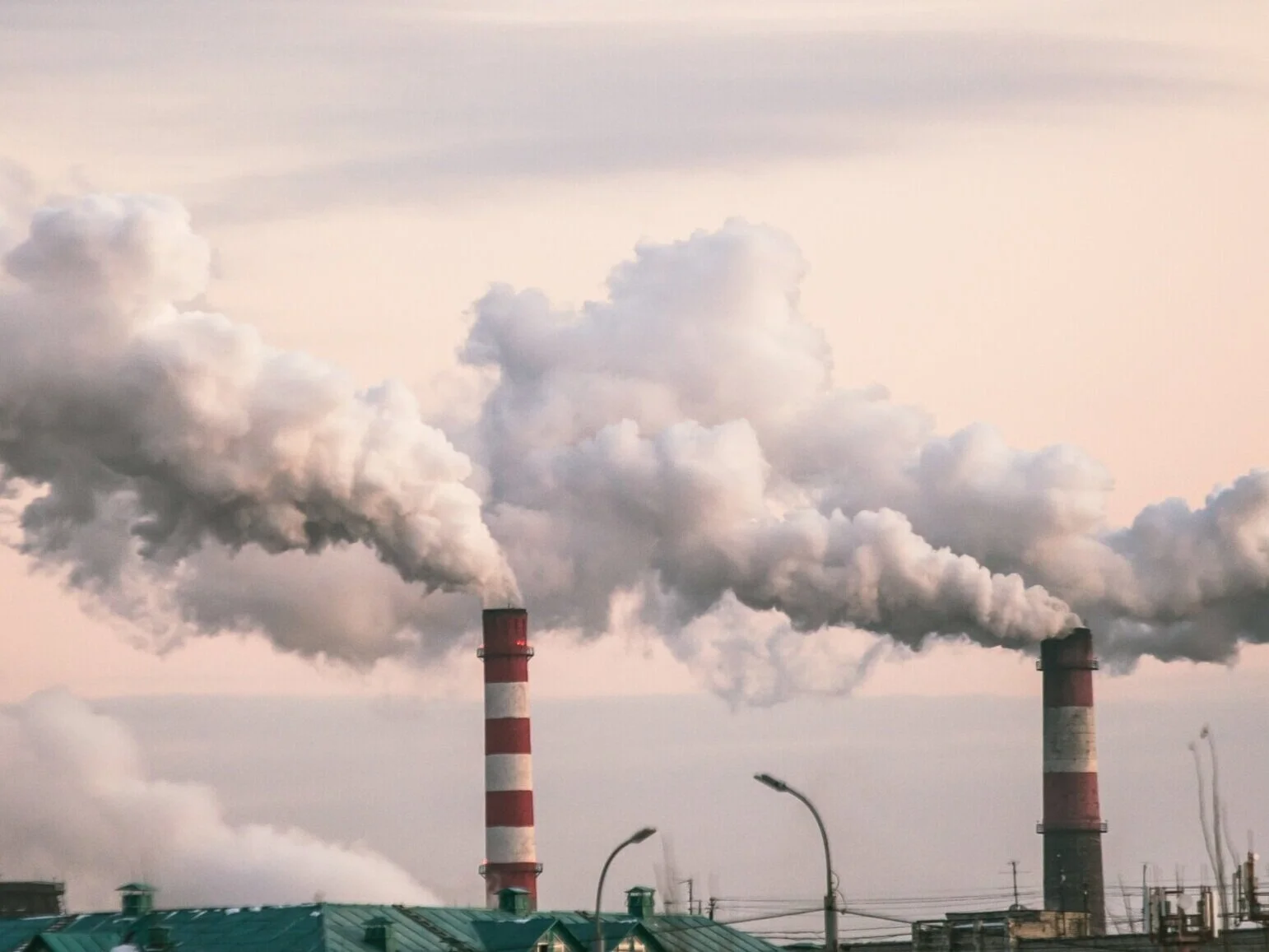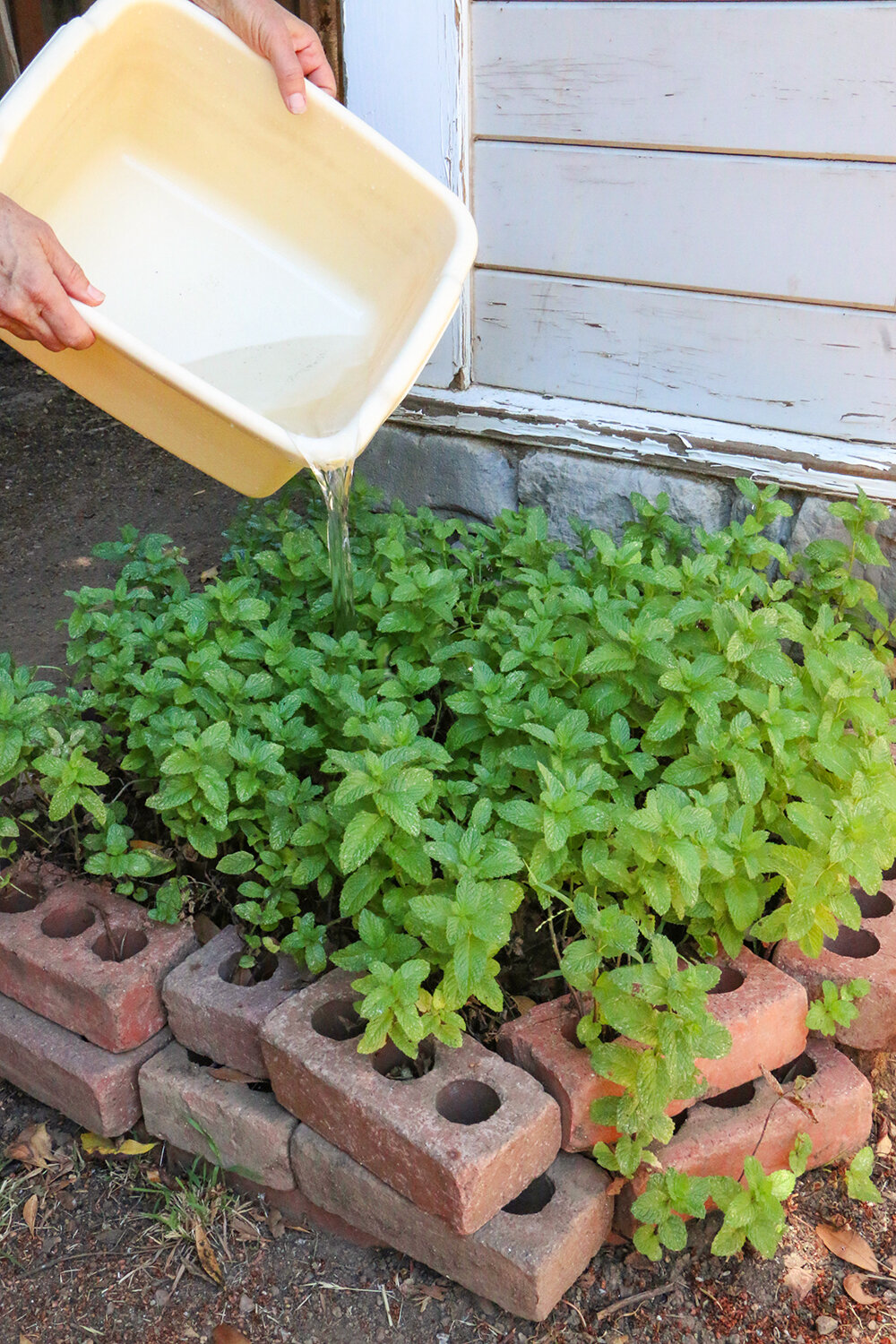If you’re looking to save delicious summer tomatoes, make the most of the fall apple harvest, or just want to make the fresh herbs in the fridge last a bit longer, then we’ve got what you’re looking for!
Read MoreWhether you’re headed off to a new city, preparing for dorm living, or even commuting to a local university, here are some simple ways that you can green up your routine and help prevent unnecessary waste, all while saving time and money.
Read MoreIf you find yourself with an overflowing cabinet of washed takeout containers, drawers of cleaned ketchup and mustard bottles, or the dreaded plastic bag filled with plastic bags, this is just what you need! Here are some easy ways that you can reuse and repurpose some common household plastics to give them a second (or third or fourth) life.
Read MoreWe’re so thrilled to announce our newest product to our sustainable laundry line, the Alpaca Wool Dryer Balls! These dryer balls are handmade from local alpaca wool right here in California, and are the perfect addition to laundry day that will help reduce energy usage while prolonging the lifespan of your clothing.
Read MoreWhile a lot of food waste is avoidable, there are always going to be components that can’t be eaten, such as onion skins, banana peels, and coffee grounds. To combat the inevitable food that does go to waste, here are some easy tip for ways to repurpose and make the most of your organic materials.
Read MoreStill searching for the perfect low-waste gift for friends and family? Look no further, we’ve got you covered! Whether they’re new to a sustainable lifestyle or are a minimalist master, they’re sure to love these reusable goodies.
Read MoreWe’re excited to announce that we now have a brick-and-mortar storefront located at Westfield Valley Fair Mall in San Jose & Santa Clara. Stop by and check out all the sustainable low-waste swaps in store.
Read MoreThe sunny summer growing season is winding down, but there’s still so much that can be done with your garden to make the most out of the time (and money) spent. Here are some easy, zero-waste, and budget-friendly tips for replanting your garden for fall and beyond.
Read MoreWhile it’s easy to spot some plastic items and identify them as such, like disposable cutlery and clamshell packaging, others have become so ingrained into our daily lives that we may not even know about them. Here are some lesser known sources of plastic and simple alternatives for how to replace them.
Read MoreAs the effects of climate change, plastic pollution, and environmental destruction become more prevalent throughout the world, many people are starting to make sustainable living a part of their lives. While eco-friendly brands and alternatives are popping up left & right, so too is the prevalence of Greenwashing.
Read MoreSpring is finally here, which means it’s time to roll up your sleeves and get to gardening! Not only is gardening relaxing and therapeutic, it’s a great way to learn about the environment, grow your own crops, and reduce your packaging, water, and food waste.
Read MoreWith all the resolutions and new life changes starting up this New Year, why not add sustainability to the list? Becoming more eco-conscious can be done easily on a budget with just a little extra planning, so get swapping and start your year off right with some sustainability style!
Read MoreWhile it’s known as the most festive time of the year, the holiday season is also the most wasteful. From food waste to discarded packaging and excessive carbon emissions, the EPA estimates that 25% more waste is produced every year between Thanksgiving and New Years in the US. In order to combat all the waste that’s being created, here are some simple ways that you can reduce your waste and have a sustainable holiday season.
Read MoreThere is a growing trend within the sustainability community towards upcycling, by taking waste materials and giving them purpose by turning them into something more usable. In order to prevent more waste & pollution from being created, upcycling materials is one of the best (and craftiest) ways that everyday people can help the environment!
Read MoreAs summer draws to an end, the fall and winter-time festivities start to ramp up with various holidays drawing near. Just because you’re trying to make sustainable changes in your life doesn’t mean you need to miss out on the seasonal fun and festivities!
Read MoreWith the recent report from the Intergovernmental Panel on Climate Change (IPCC) being released, many people are now wondering what they can do to help in the fight against climate change. For the average person, what simple changes could they make in their life to help lower their carbon footprint and greenhouse gas emissions?
Read MoreSummer’s finally here and the weather’s heating up fast. With a massive heat wave sweeping over the Western United States, many are experiencing the devastating effects of Climate Change & Global Warming firsthand.
Read MoreIn recent years, with more people realizing the effects of climate change and harmful pesticides, there’s been a growing push to “Save the Honey Bees”. And while honey bees are important for helping pollinate plants and crops, all pollinators are at risk.
Read MoreDid you know that one-third of the world's food is wasted, amounting to 1.3 billion tons every year? With such high quantities of food going into landfills, as well as rising levels of greenhouse gasses, it’s no wonder that so many people are turning to composting as a way to lessen their environmental impact.
Read MoreWhile we’re so often focused on our own impact on the environment, like lowering our carbon footprint and switching to reusables, we often forget to look at the plants and animals affected by our actions. We wanted to take a closer look at these species that are most negatively impacted by our actions and work on finding ways to help them flourish and thrive.
Read More
